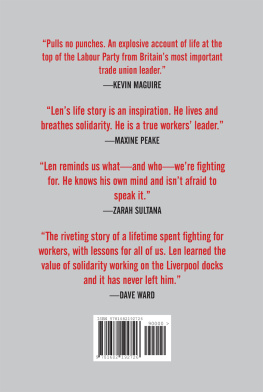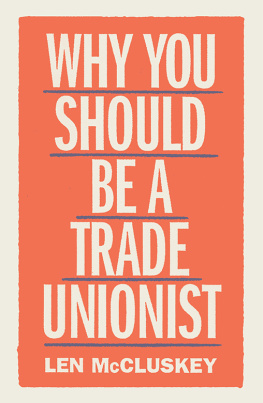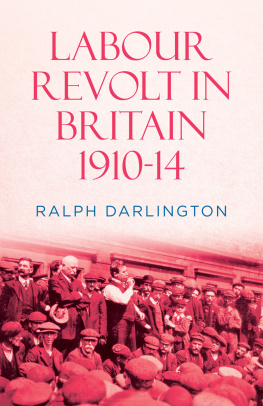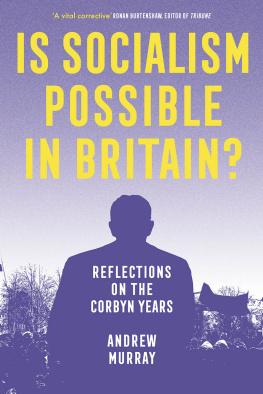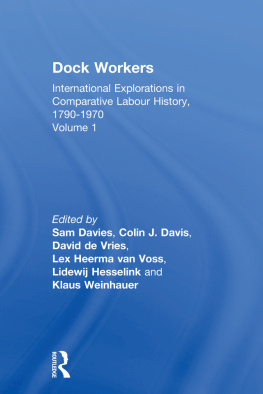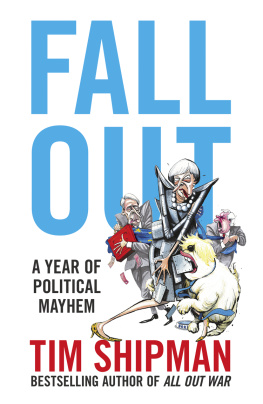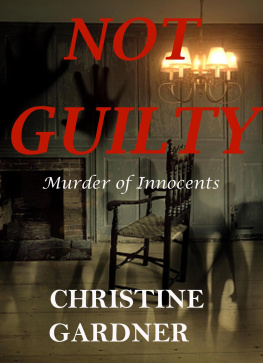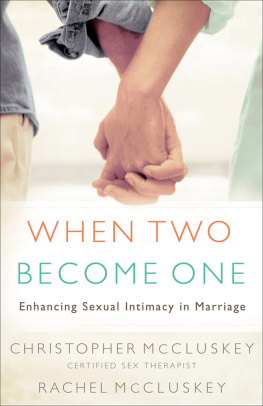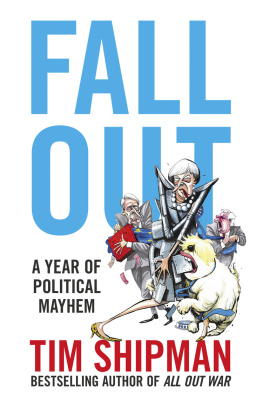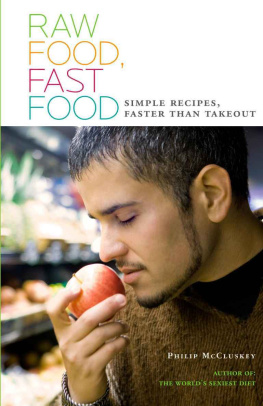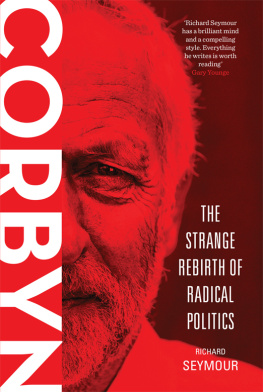
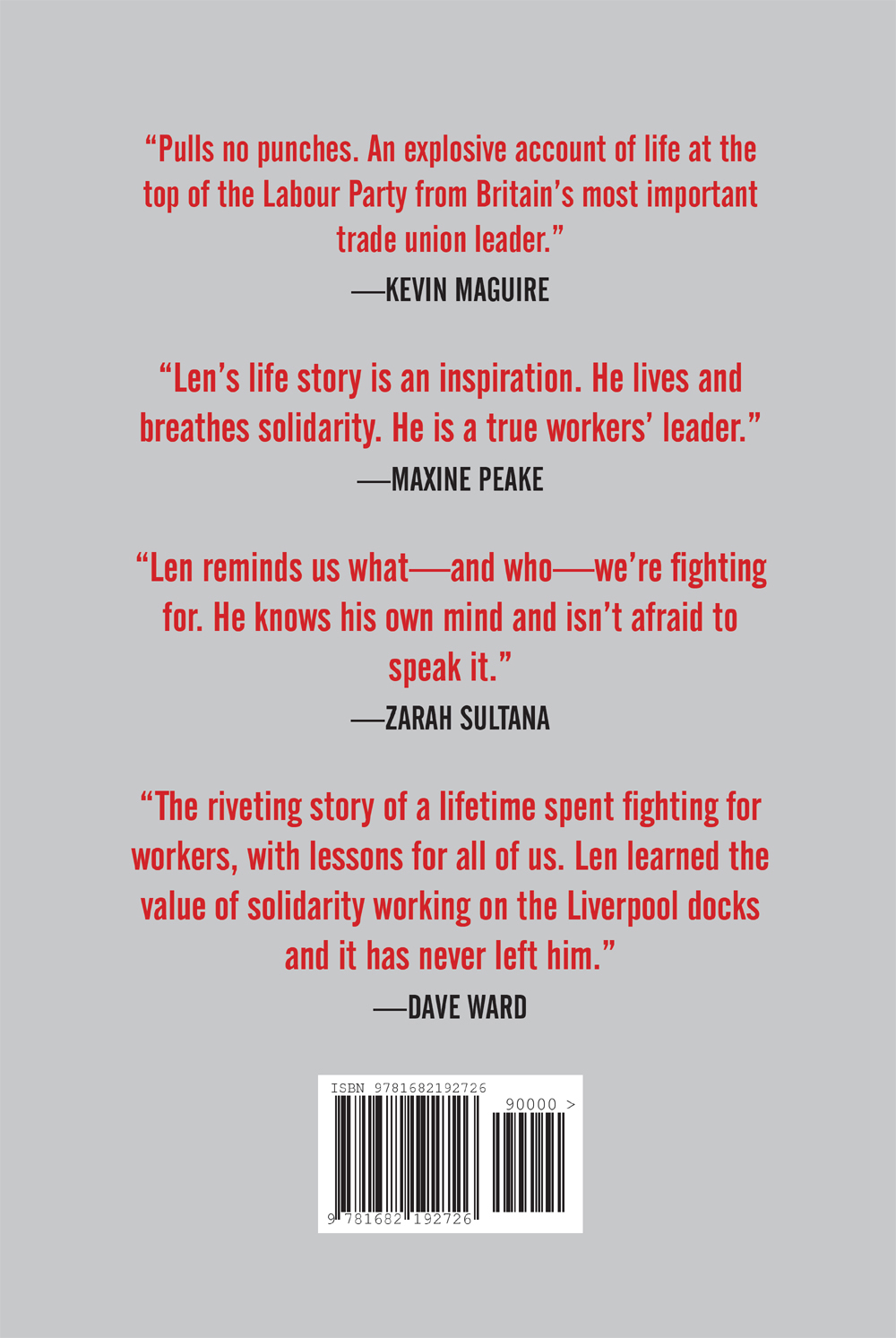


2021 Len McCluskey
Published by OR Books, New York and London
Visit our website at www.orbooks.com
All rights information:
All rights reserved. No part of this book may be reproduced or transmitted in any form or by any means, electronic or mechanical, including photocopy, recording, or any information storage retrieval system, without permission in writing from the publisher, except brief passages for review purposes.
First printing 2021
Library of Congress Cataloging-in-Publication Data: A catalog record for this book is available from the Library of Congress.
British Library Cataloging in Publication Data: A catalog record for this book is available from the British Library.
Typeset by Lapiz Digital. Printed by CPI in the United Kingdom.
hardcover ISBN 978-1-68219-272-6 ebook ISBN 978-1-68219-276-4
ALSO BY LEN McCLUSKEY
Why You Should Be A Trade Unionist
Dedicated to
The City of Liverpool
CONTENTS
Ricky Tomlinson
FOREWORD
I knew of Len McCluskey years ago, long before I met him. I knew of his leadership abilities and of the role he played alongside the Liverpool dockers in their disputes. He has always shown his upfront support for the working class and the victimised.
Len tells it like it is and, in my experience, is not frightened of getting his hands dirty. His support for the Shrewsbury 24 Campaignin which, of course, he was campaigning for me and the other 23 building workers unjustly prosecuted after picketing in 1972was second to none and he spoke out about it on many, many occasions. He has never wavered in his support for the pickets.
Another personal experience I had with Len was one Saturday morning in a church in Liverpool. The rain was torrential that day. Len was filling bags at a food bank and giving them to people who were struggling. Apart from handing out the food bags he made time to have a word with everyone who came in. Helping out in the foodbank was an incredibly moving experience for me as it was obvious some of the people who came for the food were working and couldnt manage on the pittance they were being paid in their employment. We stayed until everybody had been sorted out before calling it a day and making our separate ways home.
One thing that stands out to me about Len happened in the CASA club in Liverpool. I dont know the origins of the club, only that it was known as the dockers club (I think it may have been purchased by dock workers with their redundancy payments). I was sitting listening to a group of dockers talking about some dispute taking place and Lens name was mentioned. When they stopped for a break, I asked one of them what Len McCluskey was like and, to a person, they all chipped in: Hes one of us.
There can be no greater accolade from one worker to another than to be acknowledged as one of us.
I have always enjoyed Lens confrontations with members of the establishment in TV debates and with the employers whose only aim in life is to put profit before people. I know he is passionate about many things: the struggles of the working class, the Hillsborough campaign, the NHS and many other causes.
The authenticity of his story comes across in these pages. It is told with passion and humour but often touched with a poignant sadness. In reading it, as I urge you to do, you will discover the real Len McCluskey.
Ricky Tomlinson
April 2021
INTRODUCTION
This is the story of a class fighter. The story of a workers representative. The fight for my class runs through the tapestry of my life like a bright red thread, from the quaysides of Liverpool docks to the prime ministers office in 10 Downing Street.
The history I have witnessed along the way has been dramatic. The power of organised labour was reaching its height when I was elected as a trade union shop steward at the age of 19. But it wasnt to lastin the 1980s, as a union officer, I felt the blows as Margaret Thatchers government beat working people back. I played my part in the trade unions great move left after the disappointment of New Labour. And as the general secretary of the most powerful union in the country I was at the centre of national politics during a tumultuous time, as a golden opportunity for the left was dashed on the rocks of Brexit.
Through it all, I have embraced a fighting back culture. My trade union, Unite, is a fighting back unionwe dont go looking for trouble, but we never walk away from a fight if our members are attacked. The same fighting back instinct has shaped my politicsa refusal to accept that the status quo is good enough for our people. That has led me to take risks and adopt positions that are not the norm for a trade union leader, from refusing to ever repudiate a strike, to throwing Unites support behind social movements and direct-action groups, to sustaining Jeremy Corbyn as Labour leader. Controversy and criticism have never been in short supplybut every decision I have taken has been for a purpose, and I stand by them all.
I have no sympathy with the idea that trade unions should confine themselves to workplace issues, although of course representing our members at work is our first duty. We should never be shy about raising our voice in the political arena. But for me it goes deeper than that: trade unions are built on the working-class values of solidarity and community spiritthe impulse to help each other out and stand together in the face of adversity. Our members dont leave those values behind when they clock off work; they carry them into the communities in which they live. So I believe trade unions must be part of those communities too, and part of wider society, concerned with the full range of issues that confront working people.
That outlook was formed by my experiences growing up in Liverpool surrounded by a strong and proud working-class community. Liverpool, of course, is a red city, and although it has both a red and a blue football team, I was always red. On the terraces at Anfield, watching my Liverpool heroes, I felt the power of togethernessa community spirit so strong it later sustained a 30-year campaign to get justice for the 96 killed at Hillsborough, a tragedy I witnessed firsthand. At work, as a young man on the Liverpool docks, solidarity was a way of life. Working-class values anchored me as I rose up through my trade union and then guided me as I moulded Unite into the powerhouse it has become.
Those experiences are recounted in part one of this book, From Cradle to Brave. They have made me the trade unionist I am today. Despite my years as an official, I still think like a shop stewardinsisting the bureaucracy in a union should serve the workers, not the other way aroundand I always back workers in struggle. But I am acutely aware that the circumstances of that struggle, and just how hard workers have to fight to win the dignity and respect they deserve, are determined by politics.
It was a political decision to make the lives of working-class people harsher and harder by attacking their trade unions in the 1980s. As a result of that class warfare, inequality widened, wealth became more concentrated at the top, and the share of national income that found its way into the pockets of workers shrank dramatically. This happened because organised labour was shackled, while unbridled capitalism was allowed to lay waste to our communities. This is the world in which trade unions have had to operate ever since.
Next page
